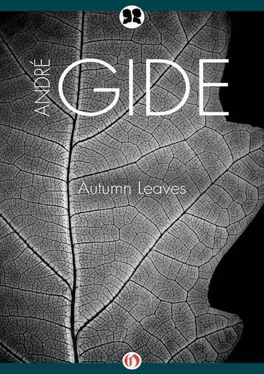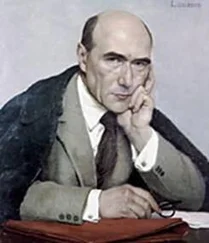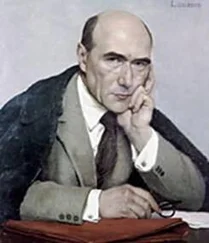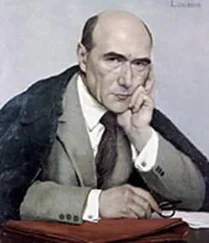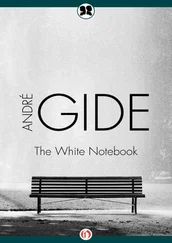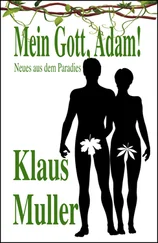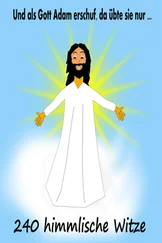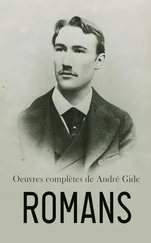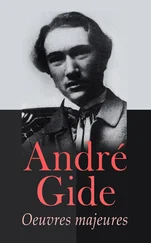
1It concerns the Introduction to the Theatre of Goethe, which had just appeared in The Figaro during the spring of 1942.
February 1942.
MADEMOISELLE CHARRAS, with pious and affectionate intentions, had sent me, at La Croix, during the last Easter holidays, a little book of Protestant propaganda: For Faith, Unity and Action. I did not open it until last evening. It contains, independent of all context, only the words of Christ, and all of Christ’s words. It is a book in good faith, composed, or at least enlightened, by A. Westphal. But I find fault with a good deal of it. In the first place, his translation of the Gospel texts; I return to the reproaches I made them at the time of Numquid et tu. … His desire to touch souls leads him into bringing the words of Christ to us. Of those that do not seem to him sufficiently clear, he forces the sense slightly and twists it a little, in such a way, he believes, as to permit us to understand better; but immediately he limits its extent, and the significance loses in breadth what it gains in exactitude.
I shall hunt for no better example than the one I light on at once: Christ’s word to Mary Magdalene after the resurrection, that Noli me tangere, which is addressed in turn to every loving soul and anticipates every mystical aspiration, — for the words become, according to Westphal: “Don’t attach yourself to me, for …” And naturally that is very easily understood: Mary Magdalene should not attach herself to the Christ so as not to disturb and hinder the Christ who must ascend to the Father. That is reasonable and brief. Those words lose their infinite reverberation.
But this bothers me still more:
Of Christ’s seven words on the cross, three are reported to us by Luke:
1—Father, forgive them for they know not what they do.
2—To-day shalt thou be with me in Paradise (word spoken to the one called “the good thief”).
3—Father, into thy hands I commend my spirit .
Three are handed down to us by John:
1— Woman, behold thy son (to the Virgin Mary) and Behold thy mother (to the one of the disciples “whom Jesus loved”).
2— I thirst.
3— It is finished .
For those six solemn words, loaded with inexhaustible meaning, no “concordance.” The seventh is the only one handed down to us, at the same time, by two Evangelists, who bring us only that one. I say “the seventh,” but merely because I am quoting it last. It is important to notice that it has been handed down to us by the two of the four Evangelists, by far the most simple and the least concerned with doctrine and mystical interpretation. They report only this one word, and both of them give it as the last one of Christ; and this word is terrible; it is the tragic cry of every soul that puts its confidence in a God that does not exist. Or, without going so far, for it in no way denies the existence of God, at least it disassociates God from Christ, opposes them (as I do irresistibly): My God! My God! why have you forsaken me?
In that word alone, how can one help seeing, shockingly, not a letting go, a betrayal on the part of God, but this: that Christ, believing and making others believe that he was a part of God, was mistaken and misled us; that the one he called “his Father” had never recognized him for “Son” and that all the superhuman teaching of Christ took place outside of God, even in opposition to him.
Naturally Westphal takes care not to give this cry of despair as the last word of Christ. It is important for the believer to be reassured, and for that reason, to join it to I thirst. So it takes on the meaning of a temporary and quasi-human weakness in which Christ suffers and doubts in as much as he is man and “the word made flesh.” And this word must be followed immediately by the It is finished, by which the mission of Christ is confirmed, as he assumes, in view of saving humanity, every weakness and suffering that belongs to man. Then, finally, in order to establish the sonship firmly: Father, into thy hands I commend my spirit.
The terrible word can be explained in the following manner: Momentary weakness, for “the flesh is weak,” and in this very weakness is the proof that Jesus was really made man, consenting to suffer in human flesh. And God, although He is love, refuses to help him, in order that “everything be accomplished.” The frightful sacrifice must be accepted to the end. “Why have you abandoned me?” So that humanity might be saved through you. Otherwise you would not be the Savior.
Thus everything becomes clear, logical and reassuring. But that is not at all the way it has been presented to us. Luke and John, much more sentient than Mark and Matthew, bring to their account a concern that goes way beyond that of the simple chroniclers and reporters that the first two guileless Evangelists are. Luke and John do not even report a word that appears to them, as it is, very dangerous.
I come across the rough copy of a letter that I addressed to Mademoiselle M.S. Saint-Cyr on August 15, 1941, in answer to a letter I had just received from her. It is not out of place for me to transcribe it in this notebook:
“Every effort by man to build up virtue capable of triumphing over brute force, effort that found its highest representative in the Christ, is opposed to that totality of natural laws in which I can recognize no providential intervention. The “Eli Eli Lama Sabachtani” of the Christ, that desperate, despairing cry, could be uttered by all of us without ceasing, as soon as we try to find a God anywhere else than in the moral domain. The mesalliance that the Catholics try to establish between a god, master of nature and a god-providence (or simply a god realized humanly in the Christ) appears to me cause for misunderstanding between you and me. Those two worlds, the physical and the moral, remain in constant antagonism. I can not believe in two gods .
“I can recognize none of the attributes likely to make God worthy of adoration (but only of fear) in the physical world on which our bodies depend and whose laws are immutable. Nevertheless, our most praiseworthy effort is to master it by science and the knowledge of those laws, and then to apply that knowledge to a more and more efficacious exercise of increasingly generous virtues. I am willing to call God the fascicles of those virtues invented by man and that love which radiates from the Gospels; but then that is only to raise him up with all my human strength against that Zeus, against that pitiless and mechanical totality of the laws that govern our universe. Otherwise, if my mind assimilates God into those laws, it is only to come up unfailingly against fearful contradictions, against the unthinkable.”
“The constant drama of humanity is the one played between Prometheus and Zeus, between mind and matter, between love and brute force, between Christ and the indifference of Heaven; drama of which a new act is unfolding at present; drama in which we neither can nor should remain non-participating witnesses, and which, for victory against Zeus, requires from us “the strength of lions and the wisdom of serpents.”
“Do not make me regret having said so much to you, I beg you. The confidence in your letter invited me to do so. With my very deepest regards, Mademoiselle, believe me.…”
Yes, I know that the drop of water carried along by its weight, can ascend to the sky in vapor only to fall again in rain. But the wear and tear of rock, the gravel that the stream carries to the river and the river to the sea, the granite that disintegrates, I know that all that will not again go up the fatal incline; and the highest mountains dissolve into the valley, the plain where their ruins accumulate and become equal. Everything falls from a height less and less lofty with a fall more and more shallow. This inevitable leveling is accomplished hour by hour and minute by minute under our very eyes. In like manner the whole material world equalizes and tempers its energies. I was still young when that idea began to haunt me, an idea which I now find expressed scientifically and which is not, therefore, absurd.
Читать дальше
